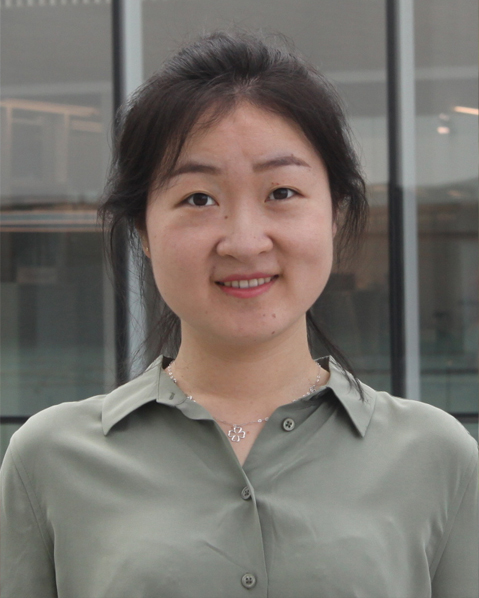NSF funds U-M research on generative AI in STEM education

The rapid advancement of large language models (LLMs) such as ChatGPT has created transformational changes in education, as well as unprecedented opportunities. Harnessing the new abilities afforded by this rapidly developing technology will require buy-in from educators to work with generative AI (GenAI) and help guide its use in reshaping learning, particularly in STEM.

To this end, researchers at the University of Michigan, including Prof. Xu Wang of Computer Science and Engineering and Prof. Ying Xu of the School of Education, have received $200,000 in funding from the National Science Foundation (NSF) to explore how teachers can collaborate with AI and leverage the abilities of LLMs to design and enhance video-based STEM learning. Their project, titled “Empowering Teachers to Collaborate with Generative AI for Developing High-Quality STEM Learning Resources,” is being supported by the NSF Directorate for STEM Education as part of their recent call for Rapid Response Research on the use of AI in classrooms.
“It is important that teachers – who are at the forefront of daily student interaction and possess indispensable knowledge and expertise – go beyond being mere consumers to key contributors.,” said Wang. “Our aim is to leverage the rapidly developing powers of AI to make positive changes in the classroom.”
In partnership with the WGBH Educational Foundation, which hosts PBSLearningMedia, a video-based STEM education platform with millions of users, the research team will collaborate with teachers in the PBSLearning network to create intelligent tutors to accompany the learning resources on the platform. .
In creating the intelligent tutors, teachers will collaborate with Large Language Models (LLMs).Teachers will have direct oversight of and ability to tailor the tutor’s questions and feedback through prompting LLMs to generate desirable outputs according to their instructional goals and the needs of their students.
The resulting intelligent tutors will then guide students as they learn from the videos, periodically asking students questions to test their comprehension and providing custom feedback throughout the lesson.
“The goal is in no way to replace teachers,” said Wang, “but to add a useful, customizable resource to their arsenal that can further support their teaching objectives and enhance the learning experience for their students.”
The evaluation phase of the project will involve testing the feasibility and efficacy of the intelligent tutors, both in terms of student and teacher experience and technical performance. The researchers will also propose specific design strategies to ensure that teachers and others without technical expertise have significant input in the development of AI-based educational resources.
For Wang, this work is a critical step in making AI more transparent and accessible. “We hope to show that AI can be a powerful and easy-to-use tool in the classroom,” said Wang. “And we want to empower teachers to embrace this technology and tailor it to their needs.”
 MENU
MENU 
